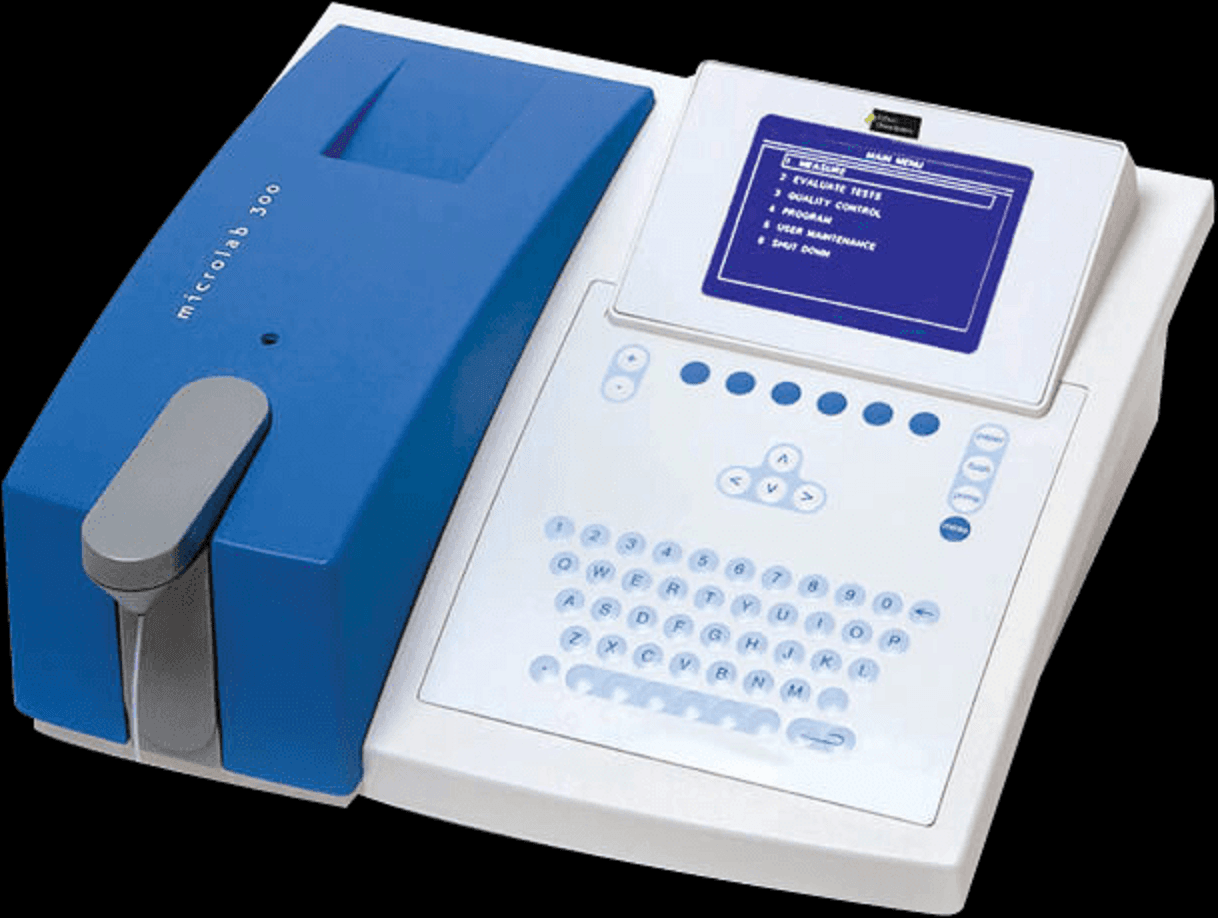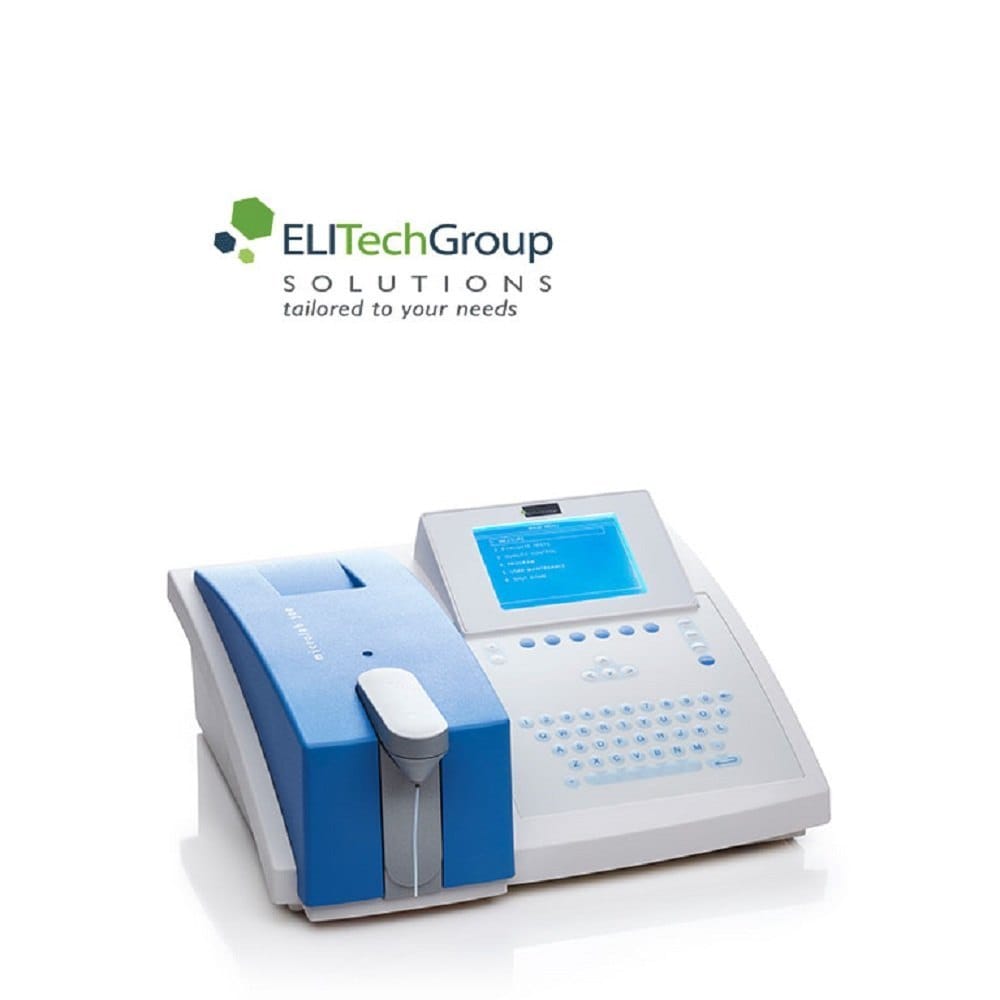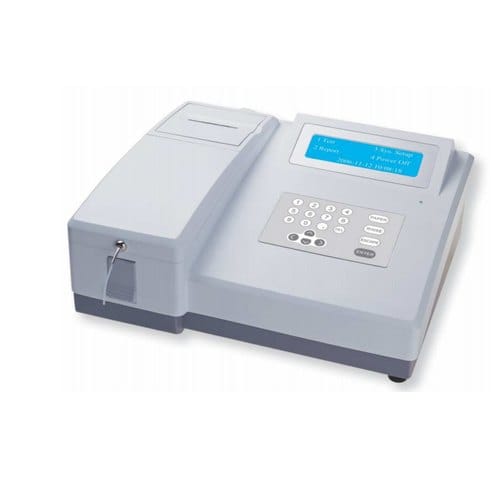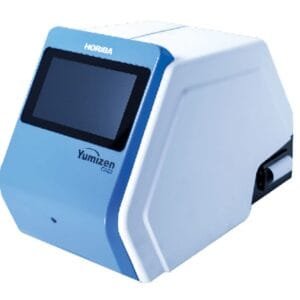Semi-automated clinical chemistry is a field I’ve been deeply immersed in for the past two decades, and it’s truly fascinating. This discipline is at the heart of modern healthcare, enabling us to unravel the intricate biochemistry of the human body, and it plays a pivotal role in patient diagnosis and management.
In simple terms, semi-automated clinical chemistry is about deciphering the chemical composition of bodily fluids, like blood and urine, to glean vital insights into a patient’s health. What makes it semi-automated is the balance it strikes between human expertise and advanced technology. It’s a harmonious partnership between scientists and machines, working together for the benefit of patients.
These semi-automated systems are equipped with state-of-the-art analyzers that can rapidly and accurately measure a wide range of substances in our bodily fluids. Think of it as a high-tech orchestra, with each instrument (or analyzer) playing a specific note (or test) to create a symphony of diagnostic data.
What’s particularly remarkable about semi-automated clinical chemistry is its capacity to detect even the tiniest abnormalities in blood and urine. It can identify markers of diseases, monitor organ function, and guide treatment decisions with incredible precision. This technology empowers healthcare providers to offer personalized care to each patient, tailored to their unique biochemical profile.
In essence, semi-automated clinical chemistry is like a trusted collaborator in the healthcare journey, providing critical information that guides medical decisions, ultimately leading to better patient outcomes. It’s the fusion of human expertise and technological prowess, and it continues to revolutionize the way we approach healthcare today.













Reviews
There are no reviews yet.